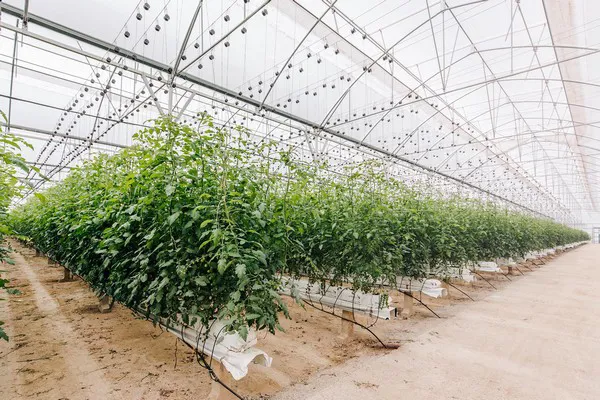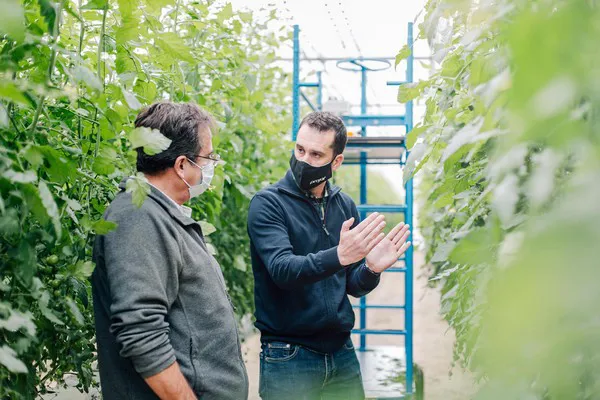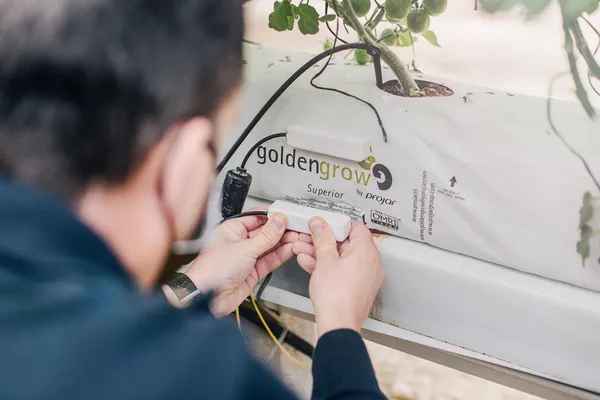In winter, low temperatures, high humidity and a lack of light can lead to the appearance of pathogenic fungi or to problems caused by the degradation of the plants' root system, mainly due to inadequate irrigation. Although the meteorological conditions that affect the crop are not the same in summer as in winter, neither are the water and nutritional needs of the plant. "For this reason, to prepare for the winter months, it is necessary to define specific irrigation strategies. There needs to be a more generative and differentiated balance between sunny and cloudy days," says Juan Manuel García, Projar Product Manager.

The Valencian horticultural technology company has carried out a study on the management of irrigation in winter in a hydroponic tomato farm located in Murcia. For the test, measuring equipment with probes was installed on the substrate to monitor the humidity percentage and the electrical conductivity. A weather station to measure radiation, humidity and temperature was also set up in the greenhouse.

In hydroponic growing systems, it is necessary for the producer to understand the main characteristics of the substrate and its potential in order to be able to carry out adequate irrigation management of the root zone. "In this specific crop, and based on the results obtained, it was concluded that a high content of coconut fiber chips provides greater porosity to the substrate and allows greater drainage capacity, thus facilitating irrigation management during the winter months. The objective with any crop is to avoid water stress or oxygenation deficit due to lack or excess of water, so it is important to strive for stable humidity and electrical conductivity in the root zone of the plant. In this way, the peak productive potential will be maintained ahead of the winter months,” he says.

Projar is preparing a technical guide for the producers to allow them to define an adequate irrigation strategy in hydroponic crops based on the climatic conditions, the characteristics of the substrate and the design of the irrigation installation. “At Projar, we want to give the producer tools by providing them all the information collected through the use of technology and our experience in the sector. We understand that, now more than ever, it is important for our clients to expand and improve their agronomic knowledge in order to be competitive and lead the market. We hope that this information will be interesting and useful for the producers,” says Juan Manuel.
![]() For more information:
For more information:
PROJAR
La Pinaeta s/n · Polígono Industrial de Quart de Poblet, 46930 Quart de Poblet, Valencia, Spain
Tel: +34 961 597 480
www.projar.es
